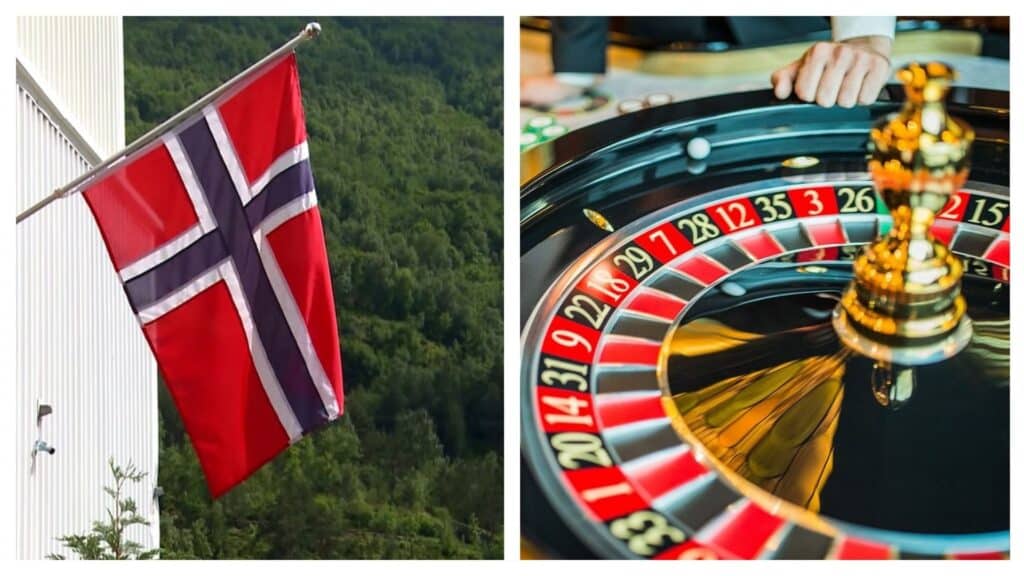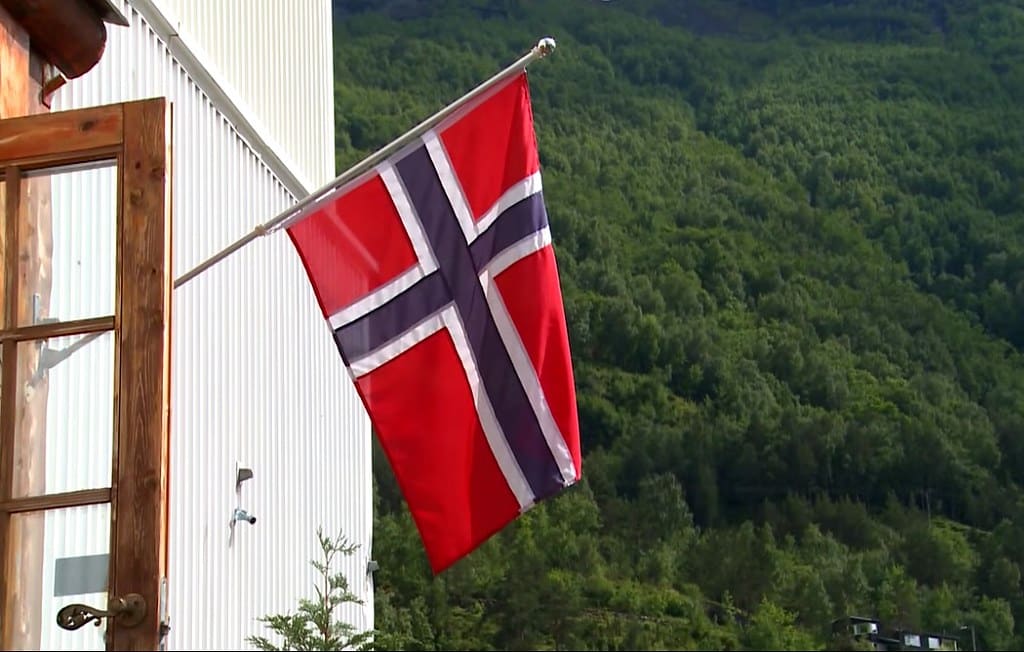Norway’s Casino Conundrum: we discuss the top three reasons behind the ban on land-based casinos.

When we think of Norway, its natural beauty comes to mind, putting it on the bucket list of travellers. The northern lights it boasts of through the winter months, in particular, is a one-of-a-kind experience. But far less can be said for its human-made attractions, like brick-and-mortar casinos, for example.
Gambling regulations – land-based casinos are actually banned
Land-based casinos are actually banned in the country as the sector is strictly regulated. At the turn of the 20th century, the Norwegian Penal Code came into force, which allowed only licensed operators to offer gambling games. With the state being the licensing authority, its hesitation towards promoting the sector meant that it wasn’t easy to get one.
These rules were relaxed somewhat over time. But the process has been slow, seen reversals and is still quite limiting. In 1927, the Totalisator Act came into being, which allowed the foundation Norsk Riksoto to conduct horse-race betting. Since it’s a non-profit organisation, it was permitted to run a gambling operation as the funds raised would be used for society’s benefit.
Much later, the regulation was eased more with the Gaming Act of 1992. This act allowed Norsk Tipping, a government organisation, to offer Lotto games and organise betting on football games. A few years later, the Lottery Act of 1995 allowed for non-profit organisations to run a plethora of gambling games.
Land-based gambling options – if you are planning to place a bet in the country
As a result of these relatively recent developments, there are some land-based gambling options available to interested parties like:
- Norsk Tipping runs multiple venues where gaming machines can be operated. While there isn’t the whole casino environment with roulette tables and the like, these machines offer some gambling opportunities.
- There are also more than 100 bingo halls in the country, which too have gaming machines. These fall under the aegis of Bingo Norsk, a subsidiary of Norsk Tipping. Such halls can also be run by non-profit organisations.
Why gambling is prohibited – understand the reasons behind the legislation

While strictly speaking, gambling is not banned, it’s still severely restricted. Land-based casinos are definitely prohibited, though. There are multiple reasons for this. For one, Norway hasn’t promoted itself as a casino destination and focused more on its natural beauty to drive tourism. Also, with a state monopoly, there’s virtually no opportunity for the sector to grow.
But underlying these reasons are two key ones that are explored in greater detail below. These are the social, political, cultural and economic forces driving the country today, and, quite likely, historically. And finally, there’s the advent of online gambling that has likely reduced demand for land-based casinos.
1. Fast growth, higher social costs

Another challenge was private sector participation. While only non-profit organisations were granted licenses at the time, private companies could run slots on their behalf in exchange for a profit share. The fast growth of the machines in the hands of the private sector was a red flag for regulators. This is because the regulations meant more private-sector players would be attracted to the sector. This in turn, could mean even more widespread slot demand. As a result, slots were banned in 2007.
When the country made attempts in the late 20th century to relax gambling regulations, the demand for slots grew by leaps and bounds. By 2004, the country’s gross turnover from slot machines reached NOK 260 billion. This was an increase of 1,300 times from the turnover in 1990. Before relaxing of the rules, they used to bring in only a small fraction of the gambling sector’s turnover. But the figure rose to 64% of gross turnover by 2004.
In itself, the growth in demand wouldn’t perhaps be as challenging. But it comes at a social cost. Some 55,000 Norwegians were estimated to have a gambling problem in 2019. For context, this translates into 1% of the total population, which isn’t small. Further, another 122,000 people or 2.2% of the population, are seen as at risk of becoming addicted to gambling. In monetary terms, the social cost is estimated to be a sum of USD 480 million. The number is a tiny 0.1% of Norway’s GDP. But the effect on the population still can’t be overlooked.
2. Cultural and political factors

Gambling also faces cultural opposition, considering the risk of gambling addiction. The country’s experience with the growth of gambling in the early 2000s indicates that the concern is hardly misplaced. It’s also said that the activity is not in congruence with the Norwegian society’s value systems. From a political perspective, gambling is seen as potentially affecting the highly valued social equality in the country.
3. The rise of online gambling

While land-based casinos, as a result, are considerably restricted, online gambling is a separate matter. In fact, the rise of online options may well have reduced demand for brick-and-mortar gambling venues as well. It’s a convenient way to gamble without having to leave the house. With increased internet penetration and many gambling apps available, it can be an entertaining experience too. Added to this, the government itself has been relatively relaxed about online gambling regulations.
Further, the ecosystem around online gambling has also grown as a support, like websites which provide information that enables safe online gambling in Norway. For example, according to this source, not only are there recommended casinos, but it also warns of unsafe ones. This essentially means that there are ways in which potential players can ensure that they are in safe hands.
The state does differentiate between licensed and unlicensed sites, though, and even encourages the use of licensed ones by disallowing card payments through unlicensed ones. But customers of unlicensed sites aren’t prosecuted for using them. Although, it does mean that they have to use alternative payment methods like digital wallets. That said, the government is now mulling introducing regulation that blocks unlicensed sites.
One reason why the state hasn’t regulated online casinos heavily could be that laws, as seen around the world, haven’t caught up to it. And also, reputable casinos themselves make efforts to underline their trustworthiness. They are likely to have secure sites, work with globally recognised payment and gaming providers and encourage customers to safeguard their financial details.
Casino regulations to stay – a look into the future
The essence of the discussion, then, is that gambling is unlikely to come into vogue in Norway in the near future. It might have demand, but there are risks as well. It’s these very risks that have resulted in tight regulation of the gambling sector in the country historically. As a result, the options for land-based gambling are restricted to government-run venues and those run by non-profit organisations.
While the country has relaxed regulations over time, it hasn’t always worked out beneficially. The statistics show that there are indeed people suffering from gambling addiction. Quite likely, it’s for this reason that the activity is frowned upon culturally as well. Even from the political perspective, it is seen as potentially detrimental to equality.
As a result, gambling remains in the hands of the state. The earlier rules that allowed some private sector participation have been withdrawn. Online gambling is an exception so far. The online gambling ecosystem has also developed to provide valuable information to players that can keep them safe. But here, too, it appears only to be a matter of time before more restrictions come into play.

